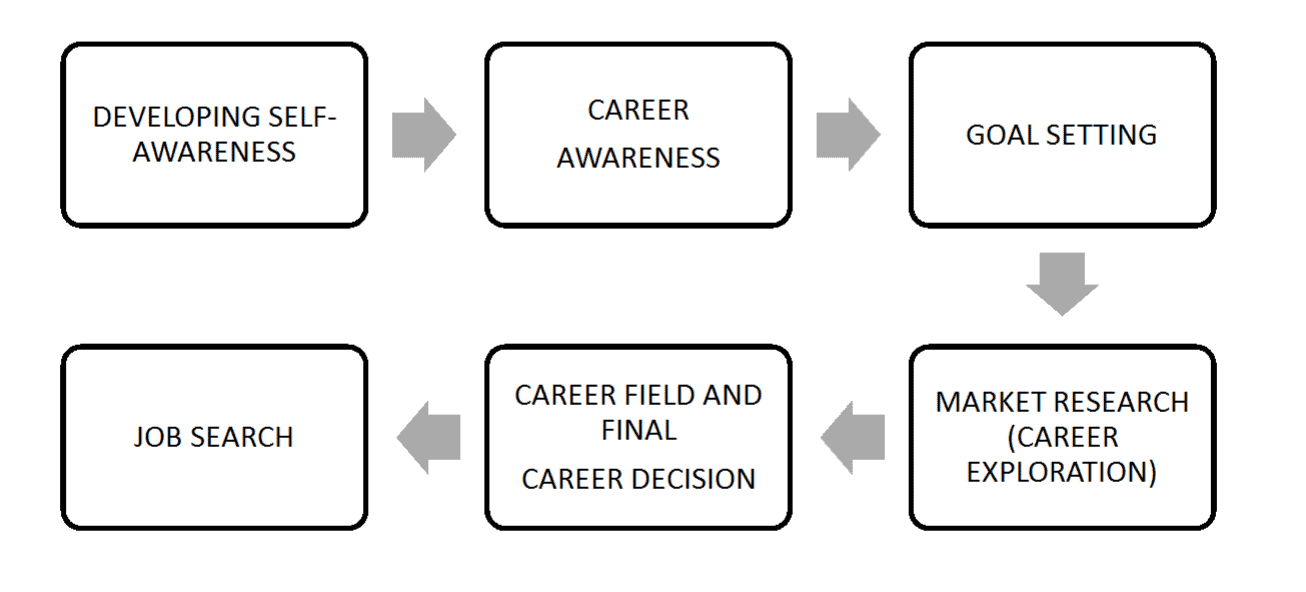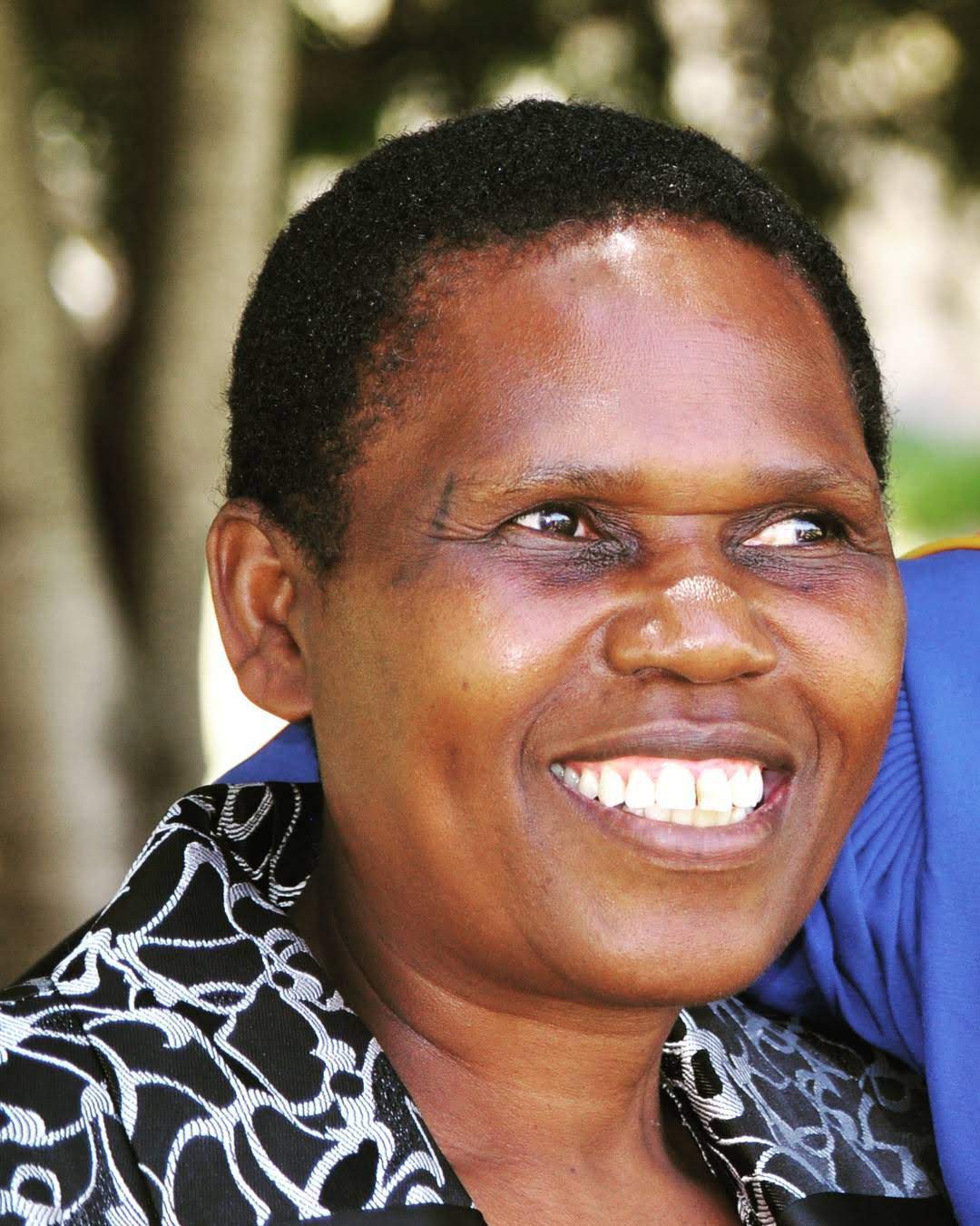Deciding what career to pursue can be a daunting task for many students. The process of choosing a career should follow specific steps. Failing to take the steps seriously is risky. When one travels along a new route, road signs and a map are invaluable. Drivers may see stop, bump ahead, or even detour signs, and it is important to pay special attention to each. Ignoring the signs’ instructions and warnings can even result in failing to reach the desired destination. Similarly, making a career decision is not one event, but rather a process. The most basic step is to develop a career vision or career plan (Melgosa, 2006). This is a map or plan of where you hope to be 5 or 10 years from now.
Education pathways vary depending on the structure of your nation’s school system. It is important to carefully consider each option’s pros and cons. After one has decided on a specific pathway, they may be in a position to make the ultimate career decision. For the sake of discussion this process has been separated into distinct steps. However, some steps may be made concurrently. The basic steps are illustrated below.

Let’s look at these six steps beginning with Step 1, developing self-awareness. According to Melgosa (2006), this is a process of introspection. It includes asking the following questions about oneself.
- What are my priorities, values and principles?
- What are my aptitudes and abilities?
- What skills and experiences do I have?
- What am I passionate about? What are my interests?
- What is my personality style? My personal preferences?
- What other life roles are important along with my job or occupation?
- What are the family, societal and cultural influences on my career path?
Sometimes a person has to sacrifice or compromise on some of these to get a job. However, there are some which one should never compromise on such as your health and spiritual values. Which of the above would you consider compromising on and which are too important?
Step 2, developing career literacy, involves awareness of available careers and opportunities and their entry requirements. To get a clear picture of career literacy, consider the following questions:
- What kinds of occupations are available in the labour market?
- What are the entry requirements for each of these occupations?
- Which of these occupations best suits my abilities, skills and personality?
- How much do I know about these different fields, such as job descriptions?
- What are the remuneration offers (salary and allowances)?
- What are the working conditions of each occupation? Consider factors such as the schedule and potential for night shifts, travelling, or field work.
- What are the possible opportunities for advancement, further training and sponsored study?
Check back next week for an overview of steps 3-6!
Learn More:
Melgosa, J. (2006). To adolescents and parents. Madrid: Editorial Safeliz


1 comments
This information is useful